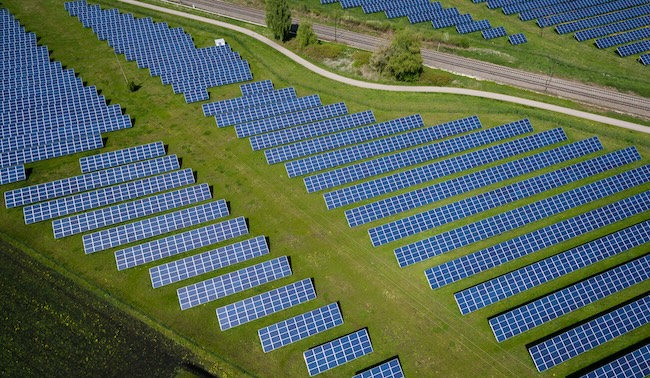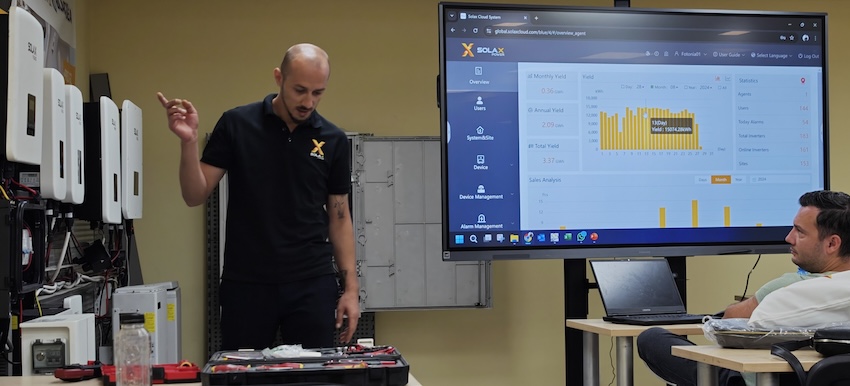EU Commission approves the support scheme for energy-intensive users

The state aid scheme aimed at supporting the large energy consumers by cutting down green certificates, reducing the contributions to the financing of renewable energy, has been approved by the European Commission which has found that it complies with EU state aid rules, and in particular with the Commission's new Energy and Environmental Aid Guidelines.
According to a press release of the Commission, the
partial compensation for the cost of financing renewable energy support is
necessary to ensure the competitiveness of energy-intensive industries without
unduly distorting competition in the Single Market.
"The Romanian
scheme enables companies that are both electro-intensive and exposed to
international trade to remain competitive without unduly distorting competition
in the Single Market. It will support Romania in reaching its 2020 climate
targets whilst at the same time appropriately addressing the risk of carbon
leakage," commented Joaquin
Almunia, Commission Vice President in charge of competition policy.
In June 2014,
Romania’s Government passed the Emergency Ordinance concerning the support
measures directed towards large energy consumers who will be exempted from
paying up to 85 percent of the green certificates. A month later, Romania
notified the EU Commissions on the green certificate reduction plans, pending
for its approval to eventually enforce the support-scheme.
The beneficiaries,
companies operating in sectors with particularly high electro-intensity and
trade exposure will pay 85 percent, 60 percent or 40 percent less RES support
if they demonstrate an electro-intensity of more than 20 percent, between 10
percent and 20 percent, or between 5 percent and 10 percent, respectively.
However, for benefitting from these subsidies, the companies concerned must
meet the eligibility criteria meaning that they cannot record debts to the
general consolidated budget of the State, lay off more than 25 percent of the
employees and maintain activities in the European Economic Area, they must carry
out energy audits and implement measures to improve their energy efficiency and
they must conclude partnerships with educational institutions in order to
narrow the theory-practice gap, increase professional level and attract skilled
personnel.
The green
certificate reduction scheme will enter into force on December 1, 2014 and will
be effective for ten years. The yearly budget is estimated at around 75 million
euro with approximately 300 beneficiaries.





